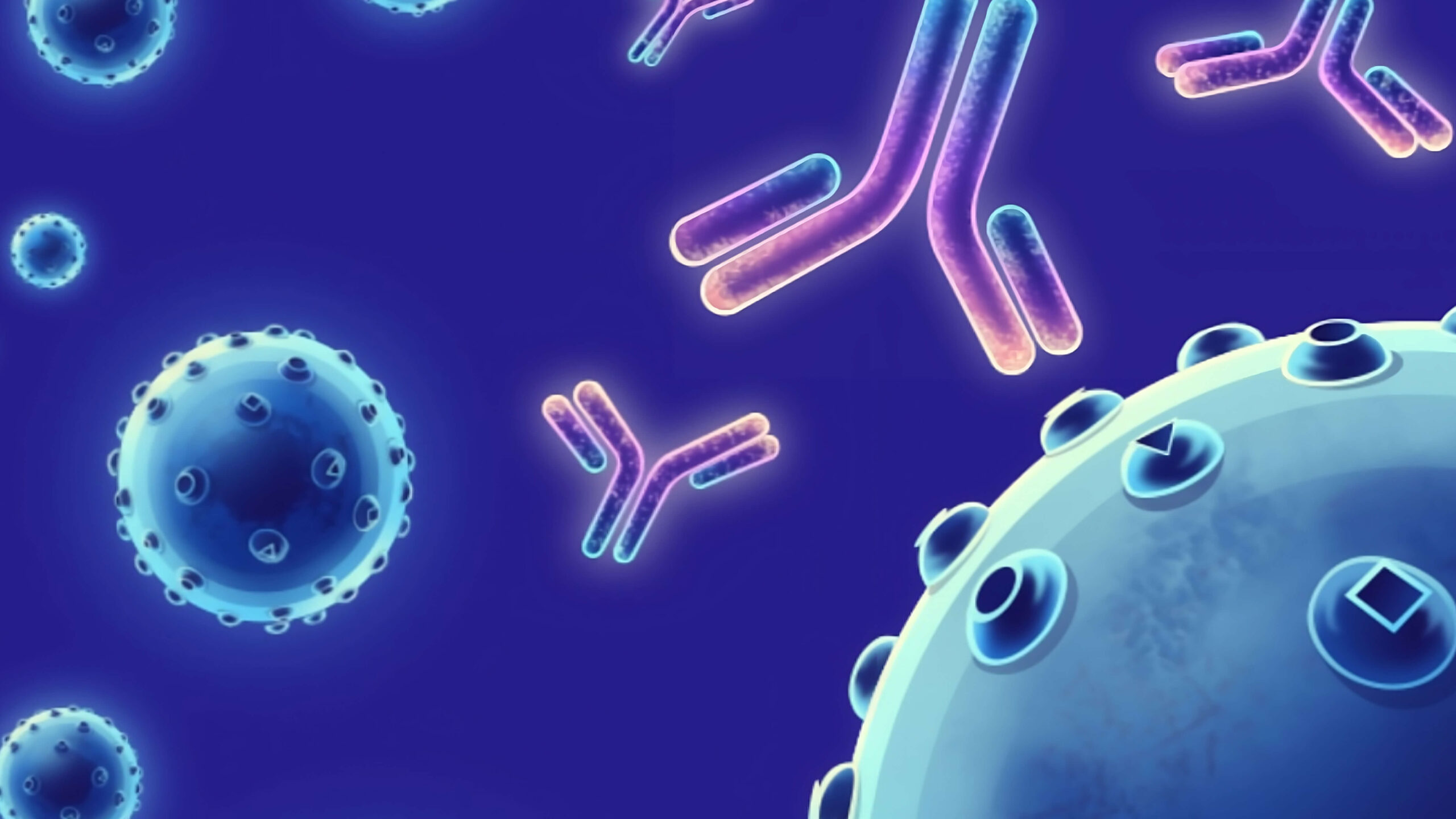Description
Tumor necrosis factor ligand superfamily member 11, also known as Receptor activator of nuclear factor kappa-B ligand, Osteoprotegerin ligand, TNFSF11, RANKL, TRANCE, OPGL and CD254, is a single-pass type II membrane protein that belongs to the tumor necrosis factor family. The receptor activator of nuclear factor-kappaB ligand (RANKL), its cognate receptor RANK, and its natural decoy receptor osteoprotegerin have been identified as the final effector molecules of osteoclastic bone resorption. RANK and RANKL are key regulators of bone remodeling and regulate T cell/dendritic cell communications, and lymph node formation. Moreover, RANKL and RANK are expressed in mammary gland epithelial cells and control the development of a lactating mammary gland during pregnancy. Genetically, RANKL and RANK are essential for the development and activation of osteoclasts and bone loss in response to virtually all triggers tested. Inhibition of RANKL function via the natural decoy receptor osteoprotegerin (OPG, TNFRSF11B) prevents bone loss in postmenopausal osteoporosis and cancer metastases. Importantly, RANKL appears to be the pathogenetic principle that causes bone and cartilage destruction in arthritis. RANK-RANKL signaling not only activates a variety of downstream signaling pathways required for osteoclast development, but crosstalk with other signaling pathways also fine-tunes bone homeostasis both in normal physiology and disease. In addition, RANKL and RANK have essential roles in lymph node formation, establishment of the thymic microenvironment, and development of a lactating mammary gland during pregnancy.
Target
TNFSF11
Target Alias Names
CD254, hRANKL2, ODF, OPGL, OPTB2, RANKL, sOdf, TNFSF11, TRANCE
Isotype/Mimetic
Rabbit IgG
Animal-Derived Biomaterials Used
No
Sequence Available
No
Original Discovery Method
Phage display technology
Antibody/Binder Origins
Animal-dependent discovery (in vitro display, OR immunisation pre-2020), In vitro recombinant expression

